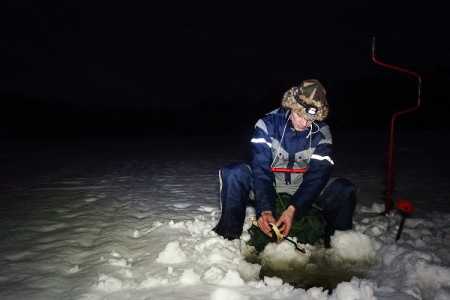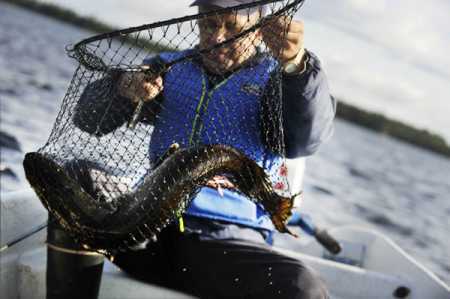|
Sun, 21 Feb, 2016 01:24:53 AM New Fisheries Act FTimes-STT Report, Feb 21
Zander caught by recreational fishermen must now be at least 42 centimetres long, or else it must be released back into the water. Zander is a prized catch for both commercial and recreational fishermen, so the new regulations have spawned a variety of opinions. Full-time professional fishermen were given a transitional period. They are allowed to request, depending on the region, for 40 centimetres, or even the old 37 centimetre standard, for the next three years.
“The transitional period is necessary. Let’s see if the average size of the zander grows or shrinks after the transitional period,” said Kim Jordas of the Finnish Fishermen’s Association. The Finnish Central Organisation of Recreational Fishermen would have increased the minimum catch size to at least 45 centimetres. “The purpose is that the fish would reproduce at least once before they are caught. The females of the fast-growing zander population are only ready to mate at 50 centimetres,” said the organisation’s Director Olli Saari. A clear gap in the new law, according to Saari, is that the minimum catch size for trout dropped to 50 centimetres from 60. The new Fisheries Act and its regulations have brought a lot of changes from the former Fisheries Act, and they apply to both professional and recreational fishermen. The job title of ‘professional fishermen’ was also changed to ‘commercial fisherman.’ They also have to re-register with a new procedure. “The new law clarifies the distinction between commercial and recreational fishermen. For example, fish caught in the sea can only be sold by professionals. This is based on the existing EU legislation. Of course, there’s a little leeway, because recreational fishermen may continue to sell small amounts of inland waterway fish directly to consumers,” said Jordas. Jordas considered it important that the new law has given the commercial fishermen an option to obtain licences for waterways, even if the owners do not agree to the licence. The Centres for Economic Development, Transport and the Environment will authorise the licences. “The transitional period, therefore, could possibly last until the 2020s. The majority of fishing licences are done, however, with agreements between the fishermen and the owner of the waters,” said Jordas. More News
|
|
Finland Times
| Friday, 11 July, 2025 |



